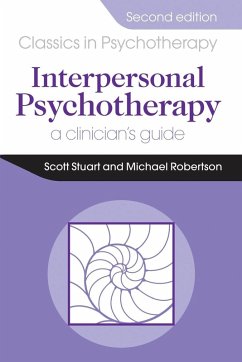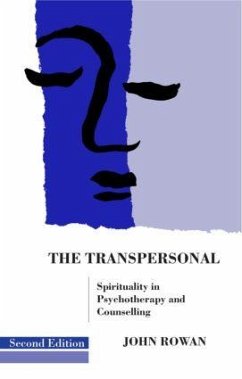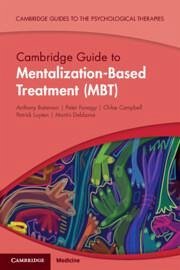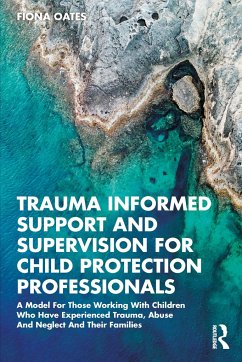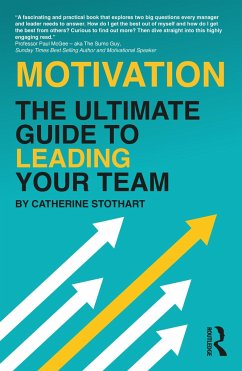
Cambridge Guide to Schema Therapy

PAYBACK Punkte
19 °P sammeln!
An up-to-date guide to the practice of contemporary Schema Therapy. This book provides a practical, informative, and relevant psychotherapeutic approach and presents powerful techniques and cutting-edge developments of the model with step-by-step guidance and clinical examples. Highly relevant both to students and experienced practitioners.






